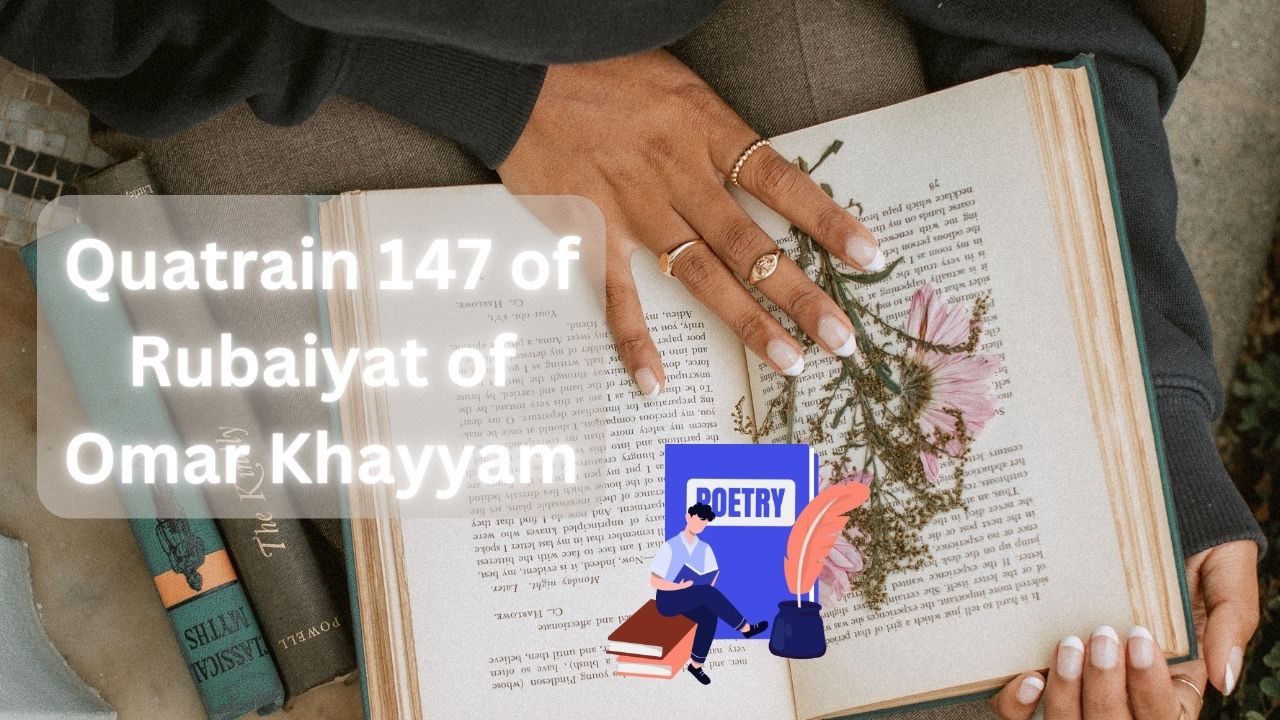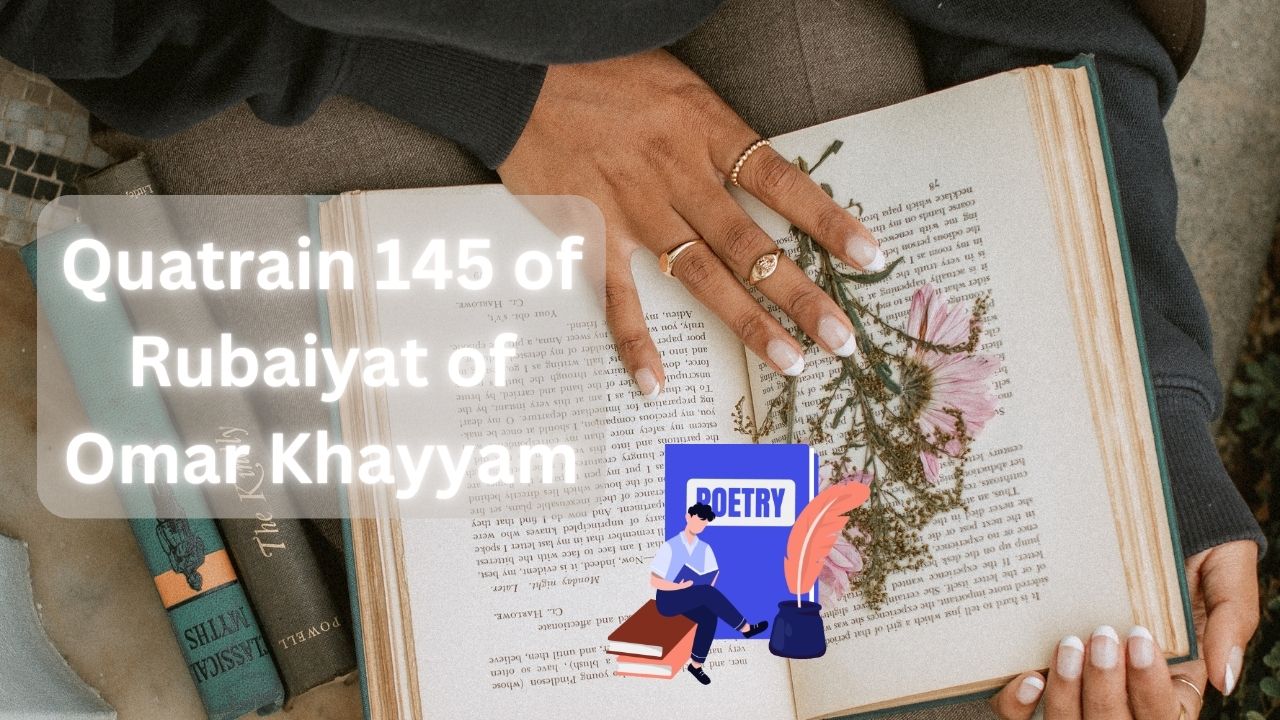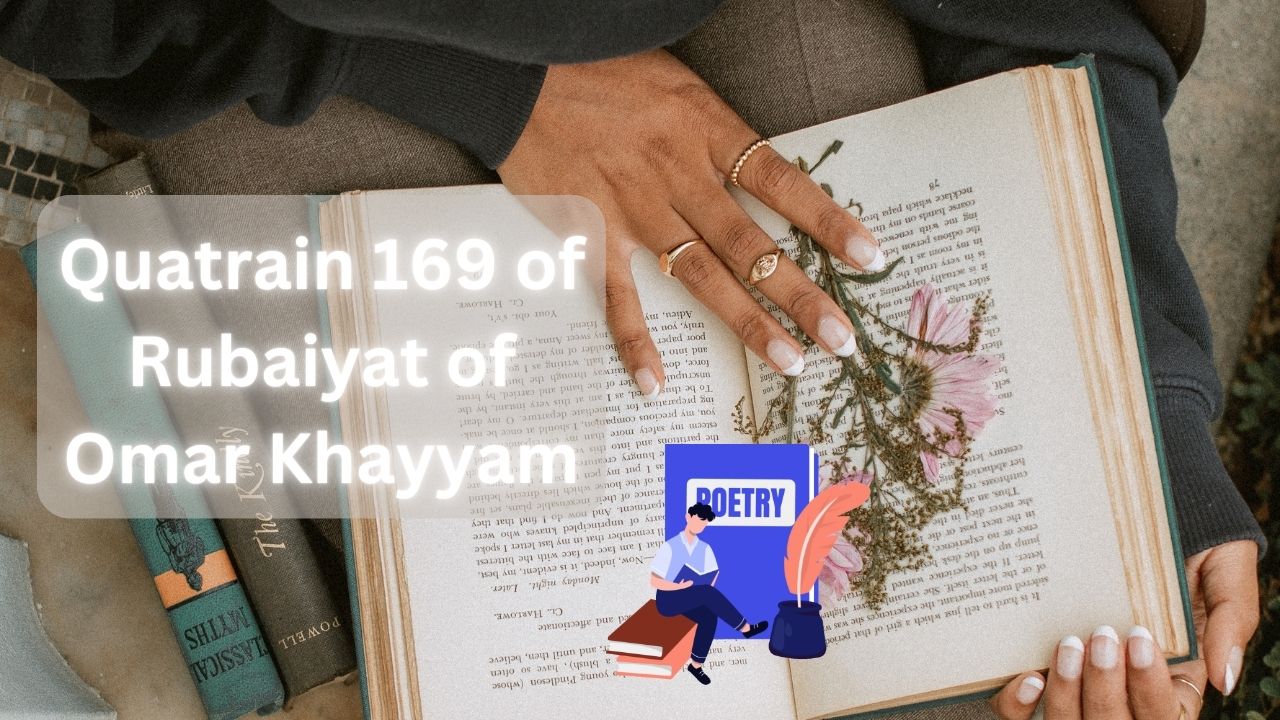The Rubaiyat of Omar Khayyam, particularly Quatrain 147, challenges the idea of achieving paradise solely through a life of self-denial. The poem suggests that if indulging in earthly pleasures like wine and companionship leads to damnation, then true paradise might be elusive for all. Let's explore this concept further by first reading the poem in its original Persian, followed by its translation.
می خوردن و گرد نیکوان گردیدن
به زانکه به رزق زاهدی ورزیدن
گر عاشق و مست دوزخی خواهد بود
پس روی بهشت کس نخواهد دیدن
To drink wine and mingle with the virtuous, Is better than to earn a living from the ascetic's livelihood.
If the lover and the drunkard are destined for hell, Then no one will ever see the face of the paradise.
This quatrain from the Rubaiyat of Omar Khayyam captures the poet's rebellious spirit and his rejection of conventional morality. He advocates for a life of pleasure and companionship, even if it means risking eternal damnation. The poem highlights the contrast between the hedonistic lifestyle of the wine-bibber and the austere life of the ascetic, suggesting that the pursuit of happiness may not align with societal expectations.
The poem's imagery and symbolism further emphasize its message. The act of drinking wine represents a form of liberation and self-expression, while the "virtuous" companions could symbolize those who share the poet's unconventional views. The reference to hell and heaven underscores the poem's exploration of morality and the consequences of one's choices.
Overall, this quatrain is a powerful statement of Omar Khayyam's philosophy, challenging traditional norms and embracing a life of personal fulfillment, even if it comes at a cost.





